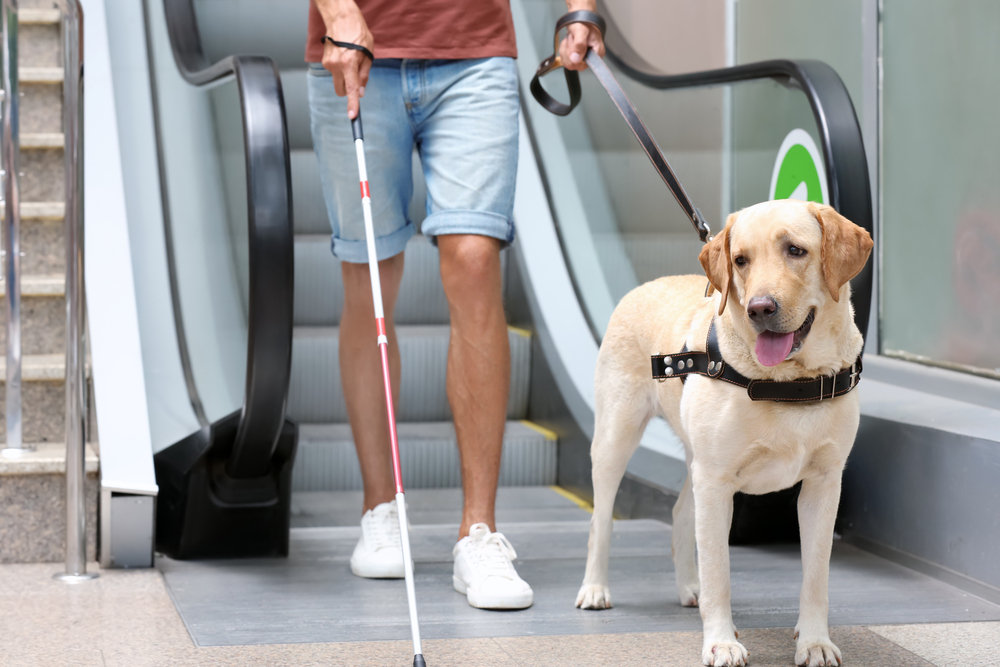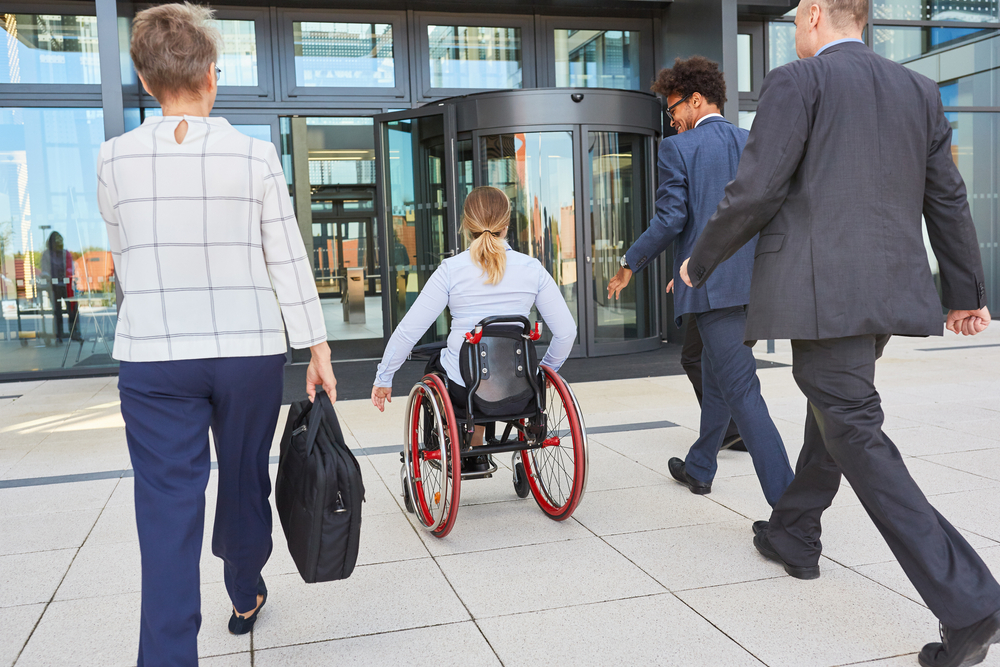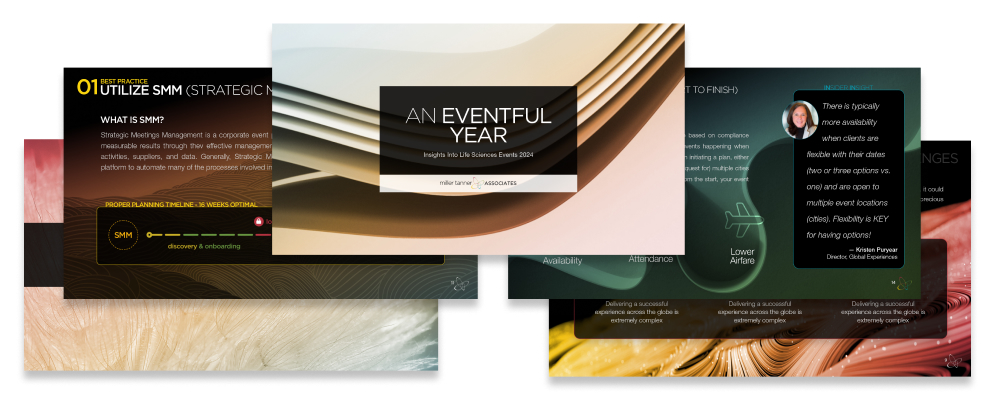
From small events to large conferences, accessibility is important. Every attendee needs to feel welcome, so it is essential to ensure that your event acknowledges and includes the needs of everyone. If you want to increase accessibility for your organization, making your events more inclusive is crucial.
Making Meetings & Events Accessible
For any meeting or event, you should consider the needs of all attendees.
Check Your Venue in Advance
When reserving a venue, look for one with the best accessibility features and can accommodate a variety of attendees’ under all circumstances. Venues that are ADA compliant and are used to accommodating large groups will be a great place to start.
- Check the Lighting – dim or strobe lighting may cause issues for those with vision impairments, epilepsy, or other concerns.
- Services for Hearing Impairment – Will there be assisted listening devices available? Audio recordings? Or captioning options available? Will an ASL interpreter be needed?
- Assess Parking and Transportation – Is there accessible parking or easy access from public transportation? Is there ramp access and an elevator? Will accessible transportation be needed/available?
- Restrooms – Look for facilities that are accessible and gender-neutral.
- Electrical Outlets – Is there plenty of space for those who need to use laptops or adaptive devices?
- Seating – You want to ensure that the seating and dining areas accommodate wheelchairs, walkers, service animals, and more.
- Hotel Rooms – If you are reserving a block of hotel rooms, it is imperative to reserve enough accessible rooms
Service Animals
Individuals with certain medical needs, such as visual impairments, hearing loss, or PTSD, may use service animals. Your event coordinator should be prepared for guests who may bring a service animal.
Staff or event volunteers should be prepared to accommodate the attendees and their service animals. Not only should the venue have enough space for service animals to assist their handler comfortably, but there should be a plan in place if other guests are uncomfortable or unable to be near the animal (fear, allergies, or other similar issues).
Make Information about Accessibility Clear in Your Communications

When promoting the event or registering attendees, including accessibility information is key to addressing concerns. Clear statements such as “The south entrance is fully accessible, and the elevator is to your left” or “Sign language interpreter available” are important. They let attendees know that you will address their concerns and that they can fully participate.
Use pre-event polling or outreach to understand specific accessibility needs. You can identify learning styles ahead of the event and plan to provide other on-site communication, such as assisted listening devices and simultaneous translation if needed.
Make Sure Slides and Presentations are Accessible
Consider prioritizing your speakers so they fully represent your audience in gender, ability, and ethnicity. This ensures a diverse gamut of perspectives that can be more relatable and inclusive for your audiences.
Train your speakers on the importance of accessible presentations. If your organization or guest speaker will be doing slideshows and visual presentations, you may want to do a test run. Use images that are of high quality and large, clear fonts. Everything should be visible from all angles and the very back of the room. Ensure there is enough color contrast for individuals with visual impairments like low vision or color blindness. Include live captions for those with hearing impairments.
You should also include a Q&A session, giving attendees time to interact and for anyone to clear up something they may have missed or misunderstood. Also, make plans to share the meeting or live event as a recording with accurate transcription and video captions after the event.
Ask, Then Address the Needs of Your Guests or Attendees
Registration is the perfect time to ask your guests if they have any needs or requests. Planning for special requests can be challenging, so asking ahead of time can be a big help. Designate a place on the registration form for individuals to note any necessary accommodations or dietary restrictions, or requirements.
Also, be sure to let them know that the lines of communication are always open. You may even consider having a designated number for them to call with questions or concerns about mobility, hearing, visual, or other impairments or restrictions.
If the event is particularly large, or you have many registered guests that have noted a disability or request accommodations, you may have a separate Accessibility Desk at the entrance. Providing a designated area for questions, concerns, or assistance requests will make them feel much more welcome at your event.
Plan an Inclusive Event with Miller Tanner Associates
When planning a fully accessible and inclusive event, you can be assured that the experienced event planners of Miller Tanner Associates will cover all of your needs.
Whether securing assistive listening devices or audio recordings, planning for captioning services, or even catering to dietary restrictions, we will ensure that attendees with specific needs feel welcomed, included, and comfortable throughout the event.
Contact us today to get started!
Image Source: Africa Studio / Robert Kneschke / Shutterstock

